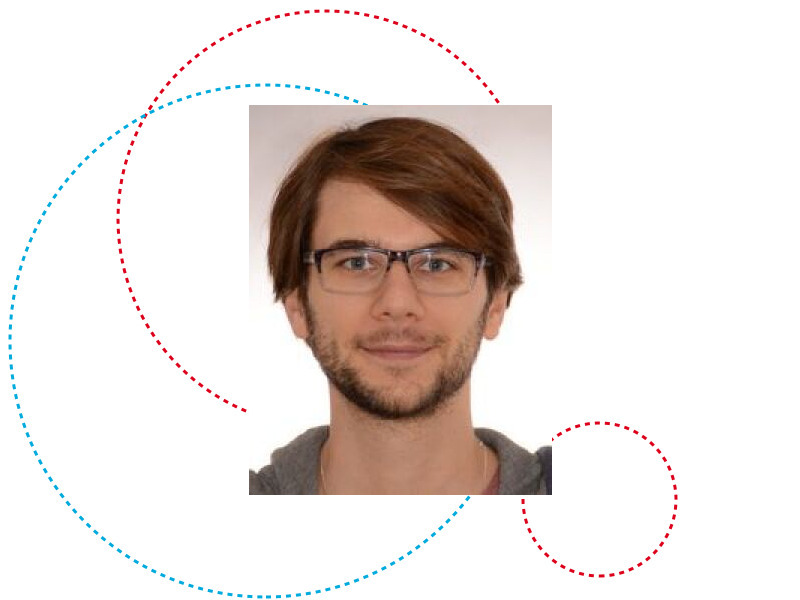Integrating Electronic Structure Theory and Machine Learning
Our recent work focuses on using machine learning (ML) to understand chemical phenomena (such as the nature of complex reaction networks)[1] and predict the properties of new molecules and materials[2]. A major driver of this is the desire to build accurate, data-efficient models, which do not require enormous reference datasets for training, as we want to be able to apply these methods to any problem of chemical interest, not just to those for which “big data” happens to be available. This is achieved by using strong physical priors, e.g. in the form of baseline models or by tightly integrating ML and electronic structure theory[3]. In addition to being data-efficient, the latter approach also expands the applicability of ML in chemistry, by providing access to electronic properties and energies on an equal footing.
Bio: Johannes Margraf is a group leader at the Fritz Haber Institute in Berlin working on chemical machine learning and electronic structure theory. Before this he was a PostDoc at TU Munich and the University of Florida.
[1] Stocker, S.; Csányi, G.; Reuter, K.; Margraf, J. T. Nat. Commun. 2020, 11, 5505.
[2] Wengert, S.; Csányi, G.; Reuter, K.; Margraf, J. T. Chem. Sci. 2021, 12, 4536.
[3] Margraf, J. T.; Reuter, K. Nat. Commun. 2021, 12, 344.
